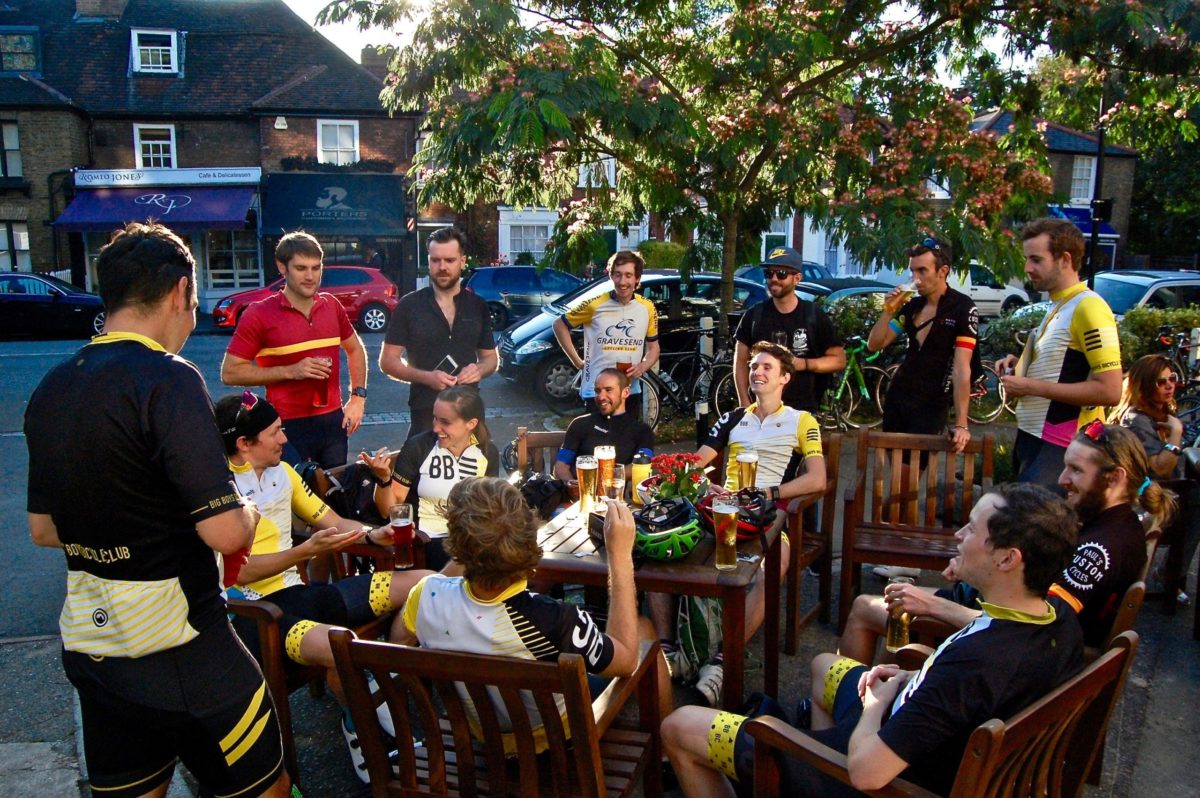Drugs and sport have been together in the trenches since day dot; they’re blood brothers and sisters so to speak. Way before the Coronavirus put an end to sport and, well, everything really.
It’s easy to see why sport and performance enhancing drugs (PEDs) like each other so much. Most performance-enhancing drugs are dynamite – you imbibe the chemical concoctions and they make you better at the sports you’ve given so much to – potentially making you very good, a world champion, or even a G.O.A.T. (That’s “Greatest of all time” to save you looking it up in the urban dictionary!)
Problem is, necking PEDs has another name: Cheating. While other life elements like class, genetics, gender and nationality may throw shade on the holy sporting notion of the level playing field, PEDs are not tolerated. Their benefits are too adroit; their side-effects too hazardous to human health; their use too hard to justify to juveniles unfamiliar with adult concepts like ‘winning at all costs’; their ethics too shady.
What then about alcohol? While alcohol’s performance-enhancing aspect has always been pretty sketchy, sporting folk have long dallied with Ol’ Red-eye. Jump in the Wayback Machine and see ancient Grecian Olympians 2,500 years ago being ploughed with fine Mediterranean red wine before events and vainqueurs lavished with even more gourds of wine as prizes!

Drinkin’ on the job
Snooker legend Alex Higgins drank beer and smoked ciggies live on television while winning world titles in the 1970s and 1980s. The Northern Irishman claimed drinking helped control his shivers, but he also suffered from addiction issues which might have provoked the shivers in the first place, and drinking was clearly no performance enhancer for him as the years rolled on, in his life or on the baize.
Athletes in sports requiring a steady hand like darts or shooting or crossbow have drunk alcohol for its supposed calming effects. Although almost exclusively left to the punters today, dart players of yore were frequently half cut when they approached the throw line.
Many are the tales of old time Tour de France riders filling bidons with booze as a kind of reality shifter when things got grim on all those uber-gruelling back-to-back 300-400km+ stages. Or, as 1906 winner René Pottier was said to have done, stopping in bars for a wine or three.
World Champion and 3x Monument winner Tom Simpson had sizeable amounts of brandy and amphetamines in his system when he tragically collapsed – live on TV – on his bike just shy of the summit of Mont Ventoux in the southern Alps during a stonking hot stage of the 1967 Tour de France. The 29-year-old Durham man known as ‘Major’ to his friends died from heart failure a few hours later in nearby Avignon hospital.
Simpson was far from an outlier – such cocktails were common in the peloton of his time – but the Tour’s shocking first-ever fatality and its link to drug use acted as a catalyst for an anti-doping crackdown in cycling and across the sporting world including the Mexico City Olympics the following year.
In cycling, as in other endurance sports, alcohol’s alleged and anecdotally agreed ‘performance enhancement’ was as a kind of pain killer. Something in the vain of an opiate like Tramadol, which became popular in the pro peloton in recent years before authorities moved against it over side-effects shared with alcohol like dizziness, loss of alertness and drowsiness.
Performance a side, a post ride social beer is likely to remain a firm favourite of recreational cyclists.
Sports nutrition science versus the bottle
Can a tipple really spur a performance ripple? Can it really effectively dull pain or steady a hand? Improve confidence? Reduce nerves?
What does the hot knife of modern science say?
One 2010 review found acute alcohol consumption detrimentally affected “metabolism, neural function, cardiovascular physiology, thermoregulation and skeletal muscle myopathy”.
Not a good start. The American College of Sports Medicine concluded after it completed a ‘comprehensive review of the pertinent international literature’, also in 2010 that, “acute ingestion of alcohol can exert a deleterious effect upon a wide variety of psychomotor skills such as reaction time, hand-eye coordination, accuracy, balance, and complex coordination.”
It added, “Acute alcohol ingestion will not improve and may decrease strength, power, local muscular endurance, speed, and cardiovascular endurance.”
The research scanned by the ACSM typically involved tipples of about 45-60ml, or a blood alcohol level of 0.04-0.05 in a 75kg male. Hardly gargantuan measures, but still classed as acute consumption in researcher circles.
In one study, alcohol did not reduce muscular glycogen stores during semi-rigorous exercise (50% VO2 max) – but it did afterwards. In another, alcohol reduced glycogen uptake in the muscles at the end of 3-hour running efforts. In essence, booze inhibits the body’s energy-making capacity by compromising the liver’s ability to synthesise glucose because it must occupy itself with breaking down all the alcohol. It also impairs muscle growth along with the protein synthesis necessary for muscle repair.
Alcohol also increases chances of hypoglycemia (low blood sugar), and as a diuretic it provokes dehydration which in turn messes with the body’s ability to self-regulate its temperature.
What about pain relief? Here alcohol gets a pass – kind of. One review of almost 20 studies in the Journal of Pain found alcohol did relieve pain in a non-sporting context by about 25% on average – probably not a surprising finding when you consider patients were widely advised to get soused before the wonders of modern anaesthesia drastically altered the dynamics of surgery.
As a sedative and a depressant, alcohol can have a calming effect, which can explain its purported ability to steady hands or ease shivers or calm nerves. These effects are however typically short-lived and highly dose-dependent.
And when coupled with the effects described above, almost always ineffective.
All up it’s pretty definitive. You booze, you lose.